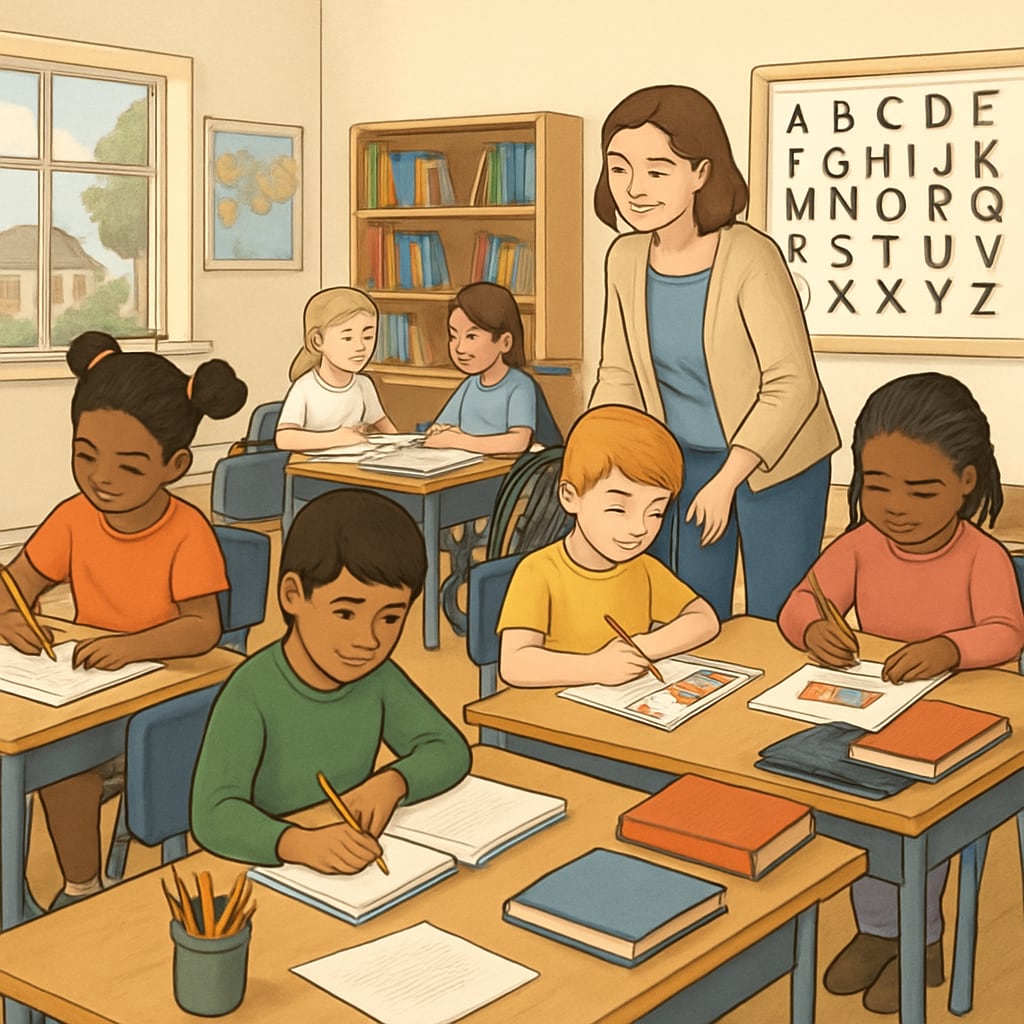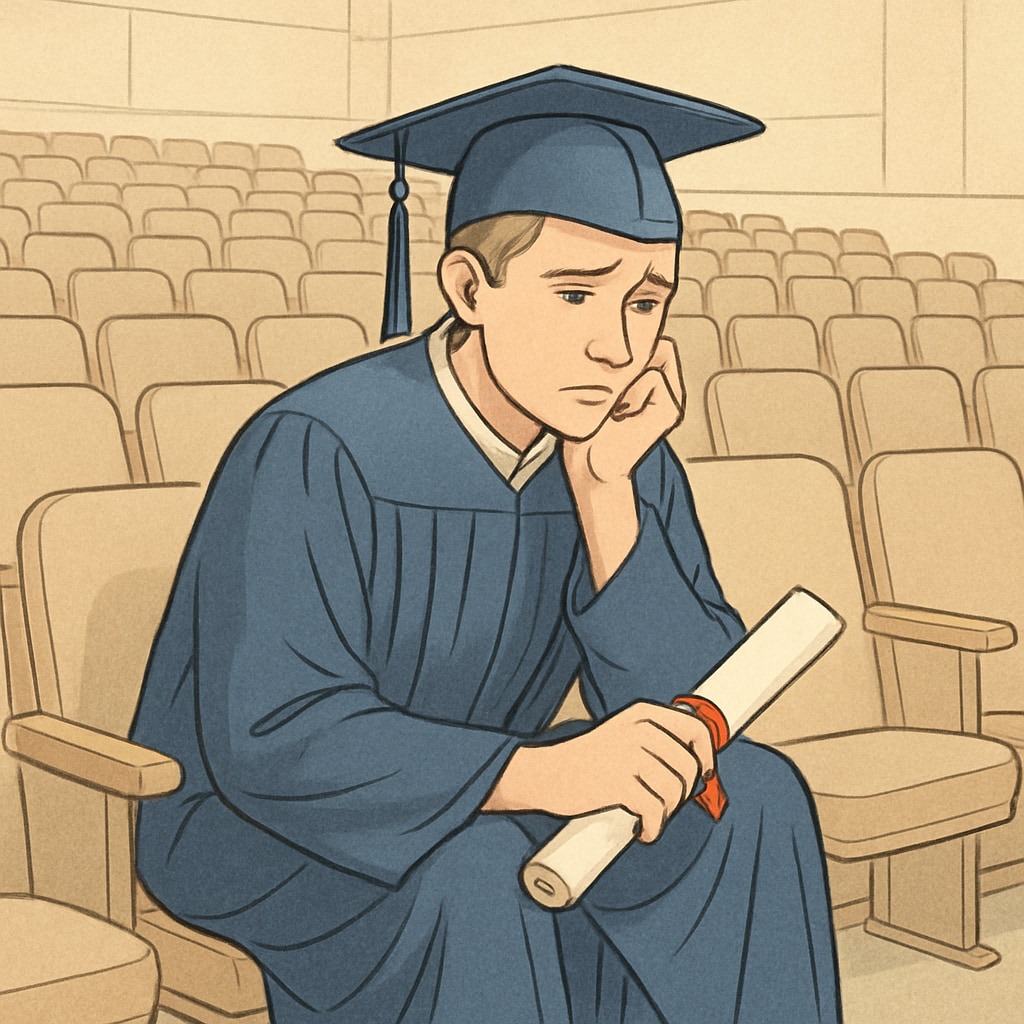The concept of a modified high school diploma often brings feelings of regret and shame for students who receive it. While intended to accommodate diverse learning needs, this alternative diploma can unintentionally stigmatize its recipients, impacting their self-esteem and future opportunities. In this article, we explore the implications of modified diplomas, their psychological effects on students, and how educational systems can evolve to better support varied talents and achievements.
Understanding Modified Diplomas and Their Impact
Modified high school diplomas are typically granted to students who face challenges meeting standard graduation requirements. These diplomas aim to acknowledge their achievements while accommodating unique circumstances, such as disabilities or other barriers to traditional learning. However, despite their intentions, modified diplomas are often perceived as inferior to standard ones, leading to feelings of inadequacy and regret among students.
For example, many students report that receiving a modified diploma makes them feel isolated from their peers who earned traditional diplomas. This perceived disparity can negatively impact their confidence and motivation to pursue higher education or career goals. According to a study published by Britannica, educational systems often fail to effectively communicate the value of alternative pathways, reinforcing the stigma associated with non-standard diplomas.

The Psychological Toll of Regret and Shame
Regret and shame are common emotional responses among students who receive modified diplomas. These feelings often stem from societal perceptions and assumptions about academic success. For instance, students may feel that their diploma reflects a lack of capability or effort, despite their unique circumstances or accomplishments.
Moreover, external pressures from family, peers, and even educators can exacerbate these emotions. Parents may unintentionally express disappointment, while peers might compare achievements, further isolating the student. This emotional toll can hinder personal growth and discourage students from pursuing future opportunities.
As highlighted by Wikipedia, the current educational evaluation system often emphasizes conformity over individual achievement, leaving little room for celebrating diverse talents and learning styles.

Proposing an Inclusive Evaluation System
To address the challenges associated with modified diplomas, educational systems must evolve to embrace inclusivity and diversity. A more holistic approach to evaluation can help students feel valued for their unique strengths and contributions, rather than judged solely by standardized metrics.
- Redefining Success: Schools should broaden their definition of academic success to include achievements in creative, technical, and vocational fields, reflecting the diverse talents of students.
- Transparent Communication: Educators and administrators must clearly communicate the purpose and value of modified diplomas, emphasizing that they represent meaningful accomplishments rather than shortcomings.
- Support Systems: Counseling and mentorship programs can help students navigate feelings of regret and shame, providing tools to build confidence and set future goals.
- Community Engagement: Schools can foster a culture of inclusivity by celebrating all forms of achievement and involving families in discussions about alternative educational pathways.
By implementing these reforms, educational institutions can shift the focus from comparison to celebration, helping students with modified diplomas feel empowered and supported in their journeys.
Conclusion: Rethinking Educational Systems for Diverse Talents
Modified high school diplomas highlight the need for a fundamental shift in how educational success is defined and evaluated. While these diplomas aim to accommodate diverse learning needs, the stigma and emotional toll they often carry require systemic change. By embracing inclusivity, redefining success, and supporting students emotionally, we can create a more equitable educational system that values all forms of achievement.
Ultimately, the goal is to ensure that every student—regardless of the diploma they earn—feels proud of their accomplishments and confident in their ability to contribute meaningfully to society.


